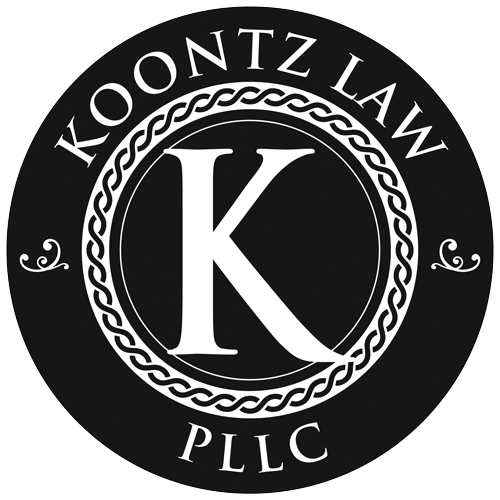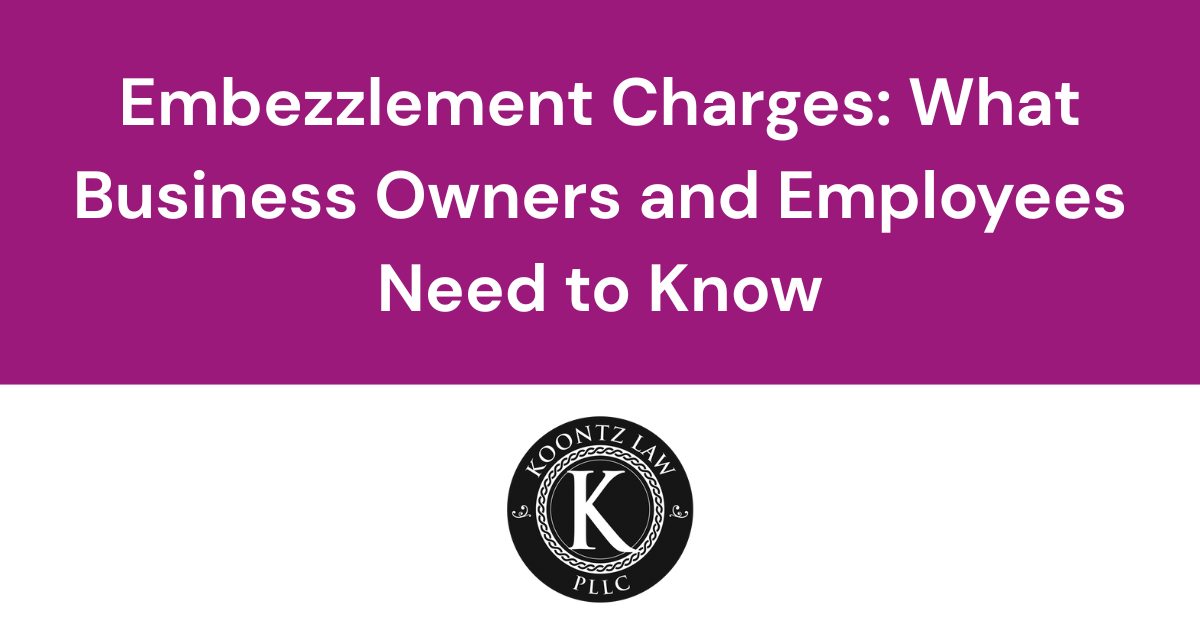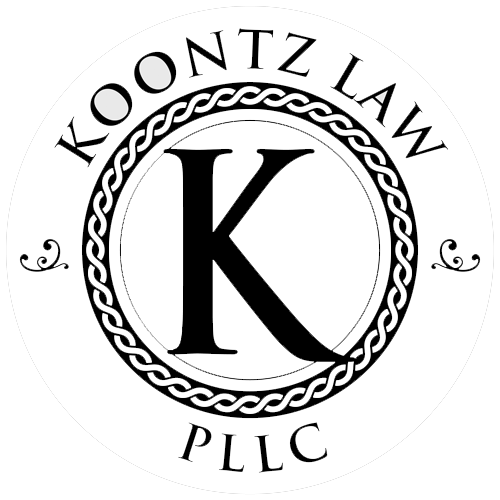Blog

Being arrested for DWI (Driving While Impaired) or DUI (Driving Under the Influence) in North Carolina can be overwhelming and frightening. Whether it’s your first offense or a repeat charge, understanding what lies ahead is essential to protecting your rights and preparing for the legal process. At Koontz Law, PLLC, we are here to provide clear, compassionate guidance to help you navigate the road ahead with confidence.

Facing foreclosure can be one of the most stressful experiences a homeowner endures. In North Carolina, the foreclosure process follows a unique legal framework that provides specific rights and protections to borrowers. At Koontz Law, PLLC, we believe in empowering our clients with knowledge, so they understand their options and can make informed decisions about their property and financial future.

Buying a home or property is often one of the biggest investments you'll ever make. With so much at stake, it's crucial to protect your ownership rights. That’s where title insurance comes in—a powerful safeguard in any North Carolina real estate transaction. At Koontz Law, PLLC, we’ve seen firsthand how title issues can disrupt deals and cause major stress. Title insurance offers peace of mind by protecting buyers and lenders from hidden risks tied to the property’s history.

Boundary disputes between neighbors can be stressful, emotional, and legally complex. In North Carolina, these conflicts often arise due to unclear property lines, outdated surveys, or misunderstandings over land use. Whether it’s a disagreement about a fence, driveway, or property encroachment, it’s important to approach the situation calmly, respectfully, and with the proper legal guidance. At Koontz Law, PLLC, we understand how delicate these disputes can be and are here to help you navigate them with professionalism and care.

When buying, selling, or developing real estate, zoning laws play a critical role in determining what can and cannot be done with a property. Whether you’re a homeowner looking to add an accessory dwelling unit, a business owner hoping to open a new location, or a developer planning a major project, understanding zoning regulations is essential. At Koontz Law, PLLC, we help clients navigate these laws to ensure smooth and legally compliant real estate transactions.

Selling a home in North Carolina comes with a variety of legal obligations, including the responsibility to provide potential buyers with accurate information about the property’s condition. One of the most critical legal requirements is the Residential Property and Owners’ Association Disclosure Statement (RPOADS). Understanding what this document entails and how it impacts your sale can help you avoid legal issues and ensure a smooth transaction.




